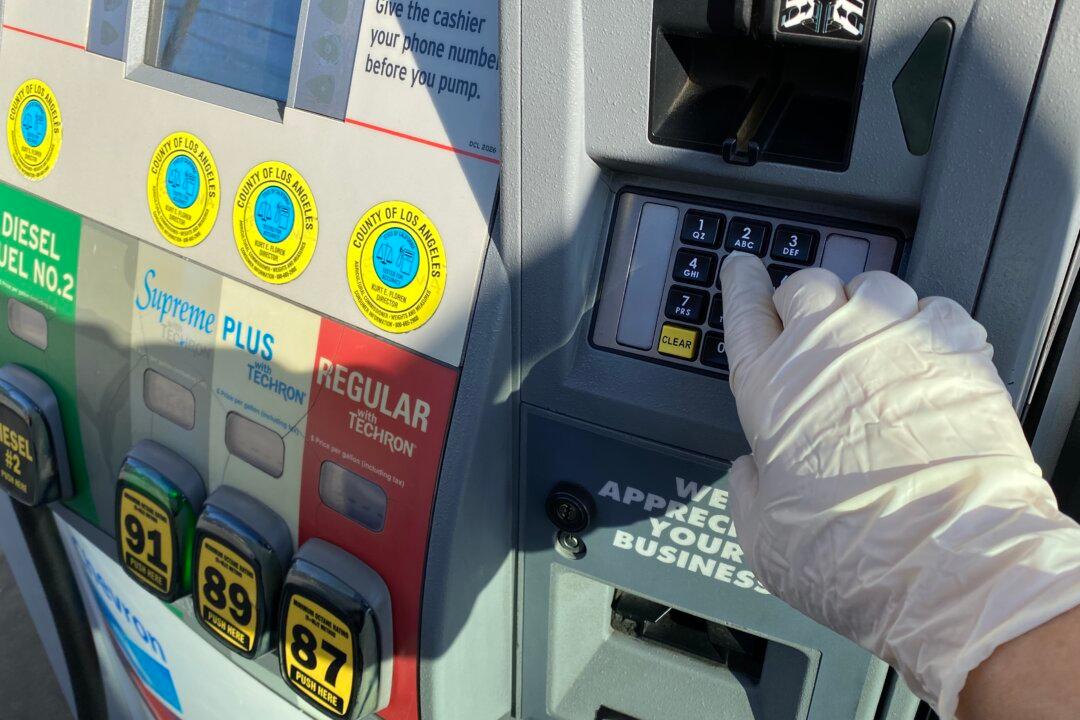Gasoline futures on Tuesday plunged below levels seen in the aftermath of 9/11 and the 2008 global financial crisis as refiners cut back production amid widespread shutdowns related to the CCP virus.
Gasoline futures traded at below 45 cents per gallon on Tuesday evening, the lowest price since 1999.





